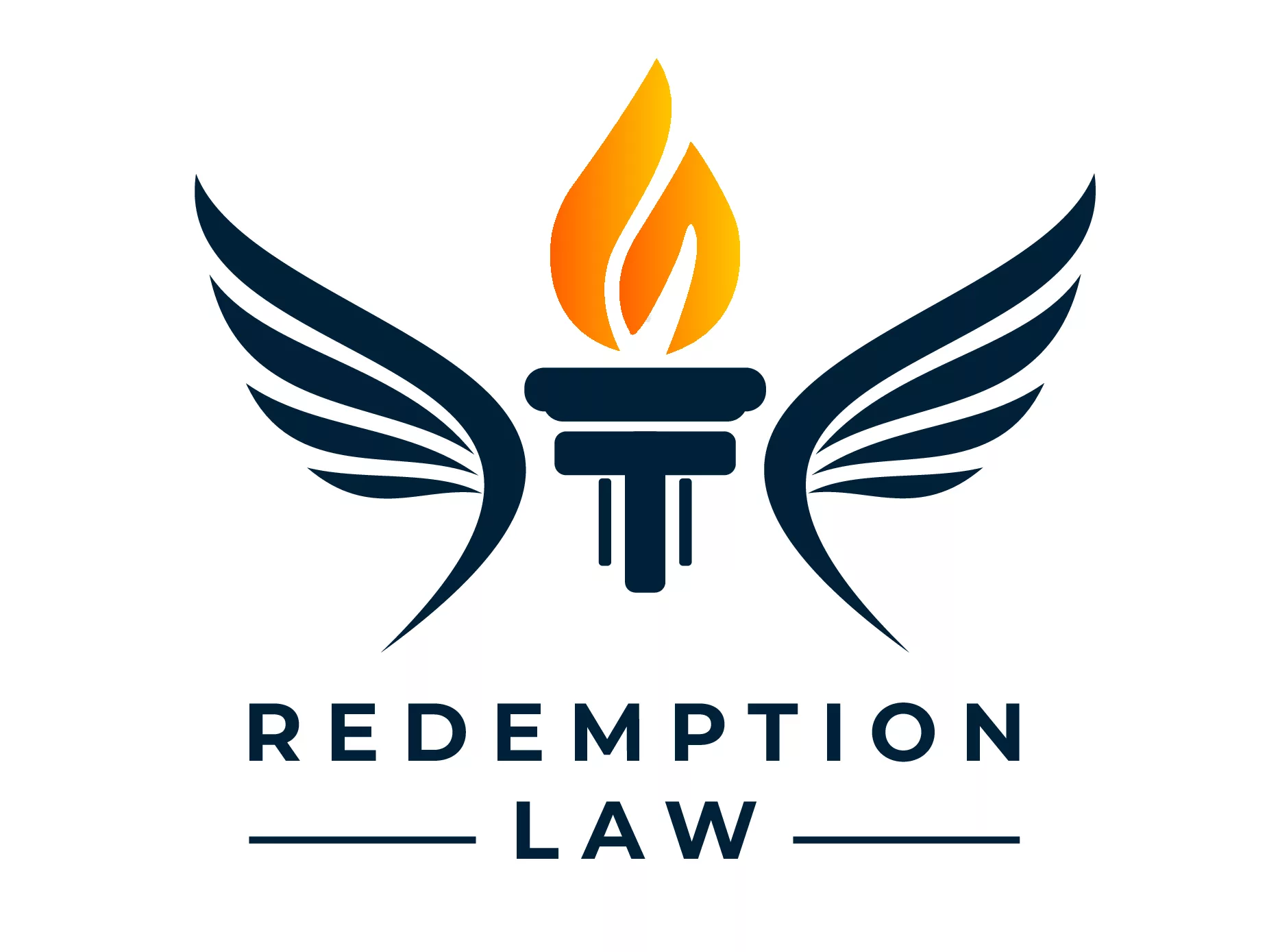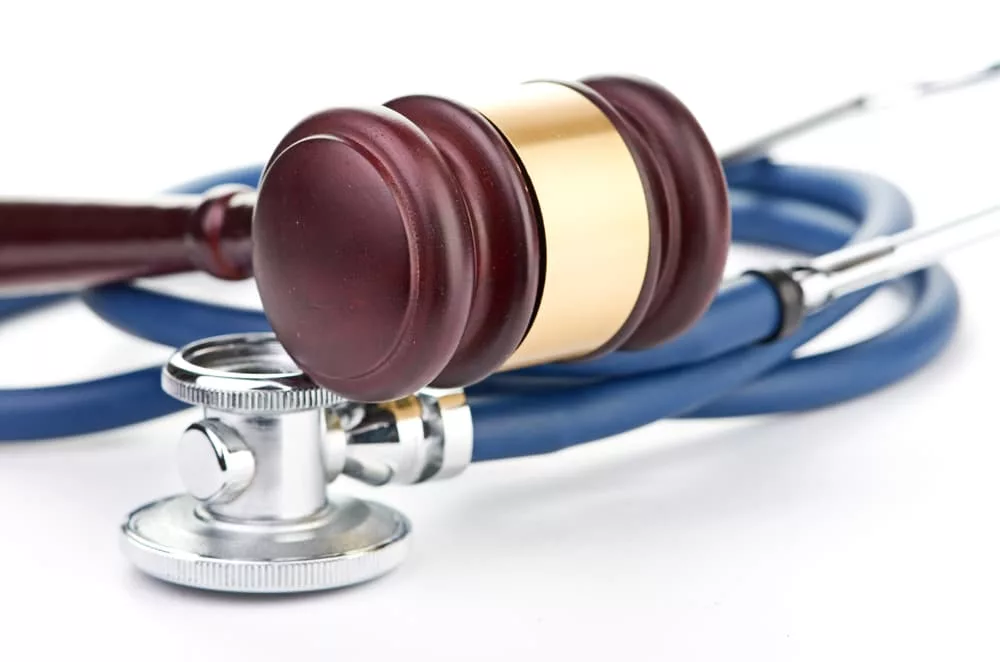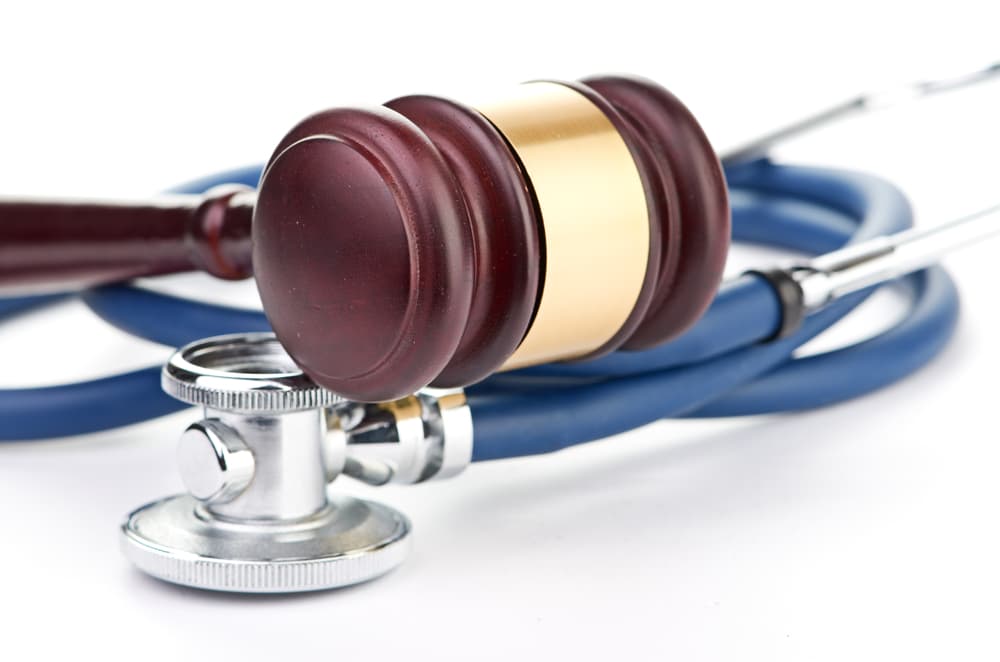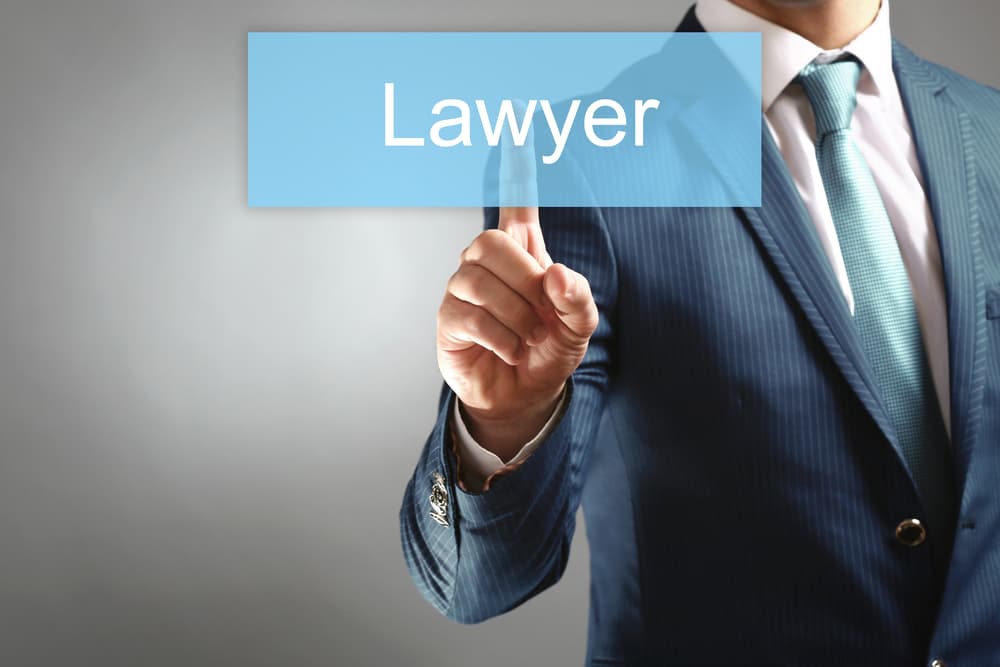Navigating the legal labyrinth of a personal injury lawsuit can be daunting, especially when grappling with the physical and emotional trauma of an unexpected incident. Understanding the steps in a personal injury lawsuit can alleviate some uncertainty and help you protect your rights.
Demystify personal injury lawsuits and protect your rights. Navigate the legal process with ease. Contact skilled Miami auto accident lawyers to protect your rights and claim fair compensation.
Understanding Personal Injury
According to the Centers for Disease Control and Prevention, more than 24 million people visit the emergency room each year in the United States due to accidents, and nearly a quarter of a million die from their injuries. Falls and motor vehicle accidents are the leading causes of accidental injuries.
Personal injury is a legal term that encompasses injuries to the body, mind, or emotions, as opposed to injuries to property. It includes cases where an accident, a negligent act, or a deliberate act causes an injury.
Common personal injury cases include motor vehicle accidents that involve passenger vehicles, commercial trucks, motorcycles, bicycles, or pedestrians and slip and fall accidents and other premises liability matters.
When an accident occurs due to someone else’s negligence, the injured party can seek compensation for the financial and psychological consequences they have incurred through the personal injury claims process.
This process involves first filing a personal injury claim against a relevant insurance policy that the at-fault party holds. Before making a claim, a lawyer investigates the details of your case and determines all sources of liability and their related insurance resources.
Common insurance resources include auto insurance liability policies, homeowner’s, business, and property insurance policies.
When the insurance company receives the claim, it assigns it to a claims adjuster. The adjuster evaluates the claim on behalf of the insurance company and determines if the insured is liable and how much money they owe the claimant for that liability. The insurer can then accept, deny the accident claim based on its findings.
As Black’s Law Dictionary notes, only one in every 20 personal injury lawsuits goes to trial. Most claims resolve through a pre-trial settlement. Settlements can occur at any time in the claims process, even after a lawyer has filed a lawsuit. Either party can make or accept a settlement offer even after a trial has begun, provided the court has not yet reached a verdict.
When To File a Personal Injury Lawsuit
Determining if you have a case and when to file a lawsuit often depends on the specifics of the injury and the law in your state. An experienced personal injury lawyer can provide a free case evaluation where they review the details of your case, answer your questions, and explain your legal options. In cases involving motor vehicle accidents, your ability to file a claim depends on whether the state where the accident occurred is a fault state or a no-fault state.
No-fault states require vehicle owners to take out a personal injury protection (PIP) policy to cover income loss and medical expenses for injuries they and their passengers or members of their household sustain. The option of seeking compensation from an at-fault party’s insurance resources only arises once these expenses exceed the PIP policy’s limits or the injuries meet the state’s serious injury threshold.
Each state has a statute of limitations that sets a time limit for filing a personal injury lawsuit. According to Cornell University’s Legal Information Institute, a statute of limitations bars claimants from filing claims as lawsuits after a certain period. A personal injury lawyer can ensure that your claim falls within the statute of limitations and can manage the timing of your case to protect your legal right to file a lawsuit if the at-fault party’s insurance provider fails to compensate your claim.
Finding the Right Lawyer
Choosing a lawyer with experience in personal injury claims is crucial to the success of your case.
Factors to consider when choosing a lawyer include:
- The lawyer’s experience in cases such as yours: Personal injury law is a wide umbrella of different types of accidents and incidents. Look for an attorney with experience pursuing similar cases and who is comfortable representing your claim. Such an attorney likely better understands the type of evidence and documentation necessary to prove liability in such a claim.
- Their track record of successful settlements and courtroom wins: Because so many cases settle, many personal injury lawyers have surprisingly little experience with litigation. The lawyer handling your case must have had ample success at both types of resolution.
- Their communication style: Make sure that you understand how and how often an attorney communicates with their clients and determine if this communication style will help you feel more comfortable through the process. Part of the attorney’s job when handling your claim is to provide guidance on the process, address your questions and concerns, and alleviate the anxiety you feel as much as possible.
- How you will need to reimburse the attorney for their services: Personal injury lawyers typically use a contingent billing method, which some attorneys call a contingency fee. As Merriam-Webster explains, the contingency fee allows the claimant to pay for their lawyer’s services at the successful conclusion of the claim through a percentage of the overall compensation they receive through a settlement or verdict. Understanding how this method works and confirming that the attorney you’re considering uses it is important.
Most personal injury lawyers provide a free case evaluation. In addition to discussing the specific details of your case and explaining your legal options, this is also a chance to ask the attorney questions about their experience, track record, communication, and billing method so you can decide whether to hire them.
Initial Evaluation
Your lawyer can evaluate the details of your case during the initial evaluation. While free case evaluations often occur at the lawyer’s office, many lawyers can travel to your home, hospital, nursing home, or other convenient locations to meet you. In addition, many case evaluations take place over the telephone or even video chat.
Your lawyer may ask to see any evidence you have gathered and details about the accident, information about your insurance resources—which can also be a source of compensation for your expenses—and your identification. If you cannot gather evidence or take photographs at the scene, your legal team can gather it for you.
If, after speaking with the lawyer, you decide to hire them to handle your claim, they may ask you to sign a contingency fee agreement that outlines the services they provide and designates a percentage as payment for your legal team’s services. It’s important to read this document carefully and get answers to any questions or concerns you have about it before signing.
Investigation of the Claim
Your lawyer can then thoroughly investigate your claim by gathering evidence and interviewing witnesses. Your attorney may start by collecting the names of all sources of liability and determining the insurance resources those liable parties hold. They may also look for evidence that proves liability.
Your lawyer proves liability by demonstrating the following elements of your claim:
- The at-fault party had a duty to take reasonable actions to avoid causing physical harm or property damage to others.
- The careless actions of the at-fault party meant that they breached that duty.
- The breach in the at-fault party’s legal duty directly caused the accident that injured you.
Some of the most common types of evidence that prove liability in a personal injury claim include police accident reports, photographs and videos, citations the authorities issued at the scene of the accident for criminal violations, eyewitness testimony, and the testimony of accident reconstruction professionals or medical providers.
In addition to gathering evidence to prove liability, your lawyer can also look at documentation that helps them establish a value for the claim. This documentation includes medical bills and receipts for medical services, employer information about how much you earned, and the income you lost while recovering from the injury.
You can also pursue compensation for the psychological consequences of your injury. This means that your attorney can factor in disabling injuries that impair your earning capacity, the inconvenience of frequent medical appointments, the inability to participate in hobbies and activities you enjoy, and other quality-of-life matters.
Filing the Lawsuit
Once the investigation is complete, your lawyer drafts and files a demand with the at-fault party’s insurer, and the claims process begins. If the claims adjuster chooses to make one, an insurance company’s initial settlement offer will generally be far below the claim’s value. Your attorney can negotiate to get the adjuster to increase the offer to an amount that fairly compensates your claim.
As the statute of limitations on the claim draws near, if the insurer has not made a fair offer, your attorney can file a legal complaint in court— in other words, a lawsuit.
The court will serve the defendant with the lawsuit, which outlines the allegations and legal claims. An attorney representing the defendant and their insurance company will respond to the complaint, and the pre-trial process will begin.
Discovery Process
During the discovery process, both sides exchange information and evidence. Discovery can include several procedures, including depositions. The American Bar Association explains that depositions are out-of-court statements that individuals in the case, including the claimant, defendant, and witnesses, give under oath.
An interrogatory is another type of pre-trial testimony that attorneys often use to obtain information during discovery. Interrogatories involve one side of the dispute submitting questions to the other side. The other party supplies written answers to these questions within a specified period.
Requests for production are a way for the attorneys of both sides of the dispute to obtain documents, information, records, and physical evidence that is pertinent to the case. They make these requests by filing motions through the court. Your attorney can also file responses to motions the defendant’s attorney makes.
Negotiation and Settlement
Most personal injury cases resolve through negotiations. The case may proceed to trial if both sides cannot reach a fair settlement. It’s important to remember that a case can settle at any time. Often, the filing of a lawsuit and the discovery process make insurers concerned that they will lose the case. This can be a catalyst for more productive settlement negotiations.
Trial
After the legal counsels for both sides of the dispute have participated in jury selection (unless the case will go before a judge), the trial begins. At trial, both sides present their case before a jury, which decides the outcome. This process can be lengthy and complex, and many things can delay the scheduling of the trial. The actual physical trial in a common type of personal injury case, such as one involving a motor vehicle accident or a fall, is three to five days, according to Cloudlex.
Appeal
If either party is unsatisfied with the trial’s outcome, they may appeal the decision. The grounds for appeal and process are often complicated and require a skilled legal representative. Your personal injury lawyer continues to work on the case, undertaking the necessary work to succeed at the appellate level.
A Free Case Evaluation Can Give You Greater Insight Into the Personal Injury Claims Process

Understanding the steps in a personal injury lawsuit, from filing to appeal, can make the process less intimidating. Having a competent Miami personal injury lawyer by your side throughout the process is essential to achieving the best possible outcome.
Related articles
Related articles Related articles Related articles Related articles Related articles Related articles Related articles Related articles Related articles Related articles
Personal Injury
02 Feb 2024
How Long After An Accident Can You Claim Injury?







